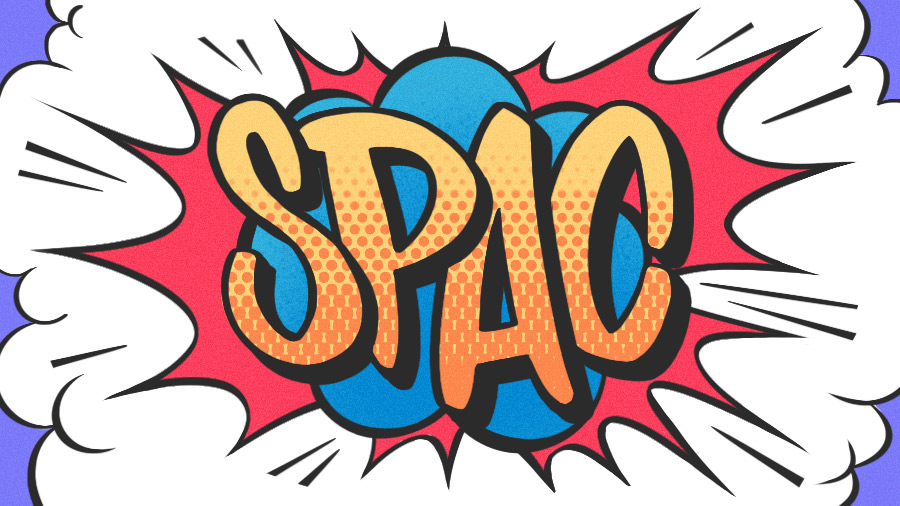In 2022, companies that took the SPAC route to market performed so badly they were practically a punchline.
In 2023, they’re making a comeback.
Among a Crunchbase-selected cohort of “Truly Terrible SPACs,” roughly a third of the companies that were trading below $1 per share 1 in December are now above a buck. Several have more than doubled in price in the space of less than two months.
Search less. Close more.
Grow your revenue with all-in-one prospecting solutions powered by the leader in private-company data.
One of the most striking recoveries is BuzzFeed. Shares of the clickbait pioneer have more than tripled since the end of the year. Sharp gains followed the company’s recent announcement that it plans to use AI to enhance its online content, along with a report about a partnership with Meta.
AppHarvest, known for indoor tomato farming, is another dramatic back-from-the-brink stock story. The Morehead, Kentucky-based company, which bills itself as a sustainability-oriented agtech for its low-water approach to cultivation, has seen shares more than quadruple in price since the beginning of the year.
Altogether, at least eight of the 24 companies on our list had closed above $1 per share as of Thursday.
Up better than down
Meanwhile, among selected SPACs that were trading between $1 and $2 per share in December, the turnaround has been less pronounced. Out of 15 companies that made that list, just two — Nautilus Biotechnology and BarkBox — were above $2 as of Thursday’s close.
Given that virtually all SPACs initially trade at $10 per share, anything below that threshold represents a negative return since announcing or completing a merger. So, even if one of these stocks is trading at $2.50, it’s safe to assume early investors still lost most of their money.
However, up is better than down. And after going down, down, down for many quarters, it is certainly refreshing to see a bit of up happening in the SPAC world.
Illustration: Dom Guzman
The list includes companies which completed reverse stock splits, a move in which several lower-priced shares are combined into one higher-priced share. If these companies had not carried out reverse splits, their shares would be well below $1 each.↩

Stay up to date with recent funding rounds, acquisitions, and more with the Crunchbase Daily.









![Illustration of stopwatch - AI [Dom Guzman]](https://news.crunchbase.com/wp-content/uploads/Halftime-AI-1-300x168.jpg)


67.1K Followers